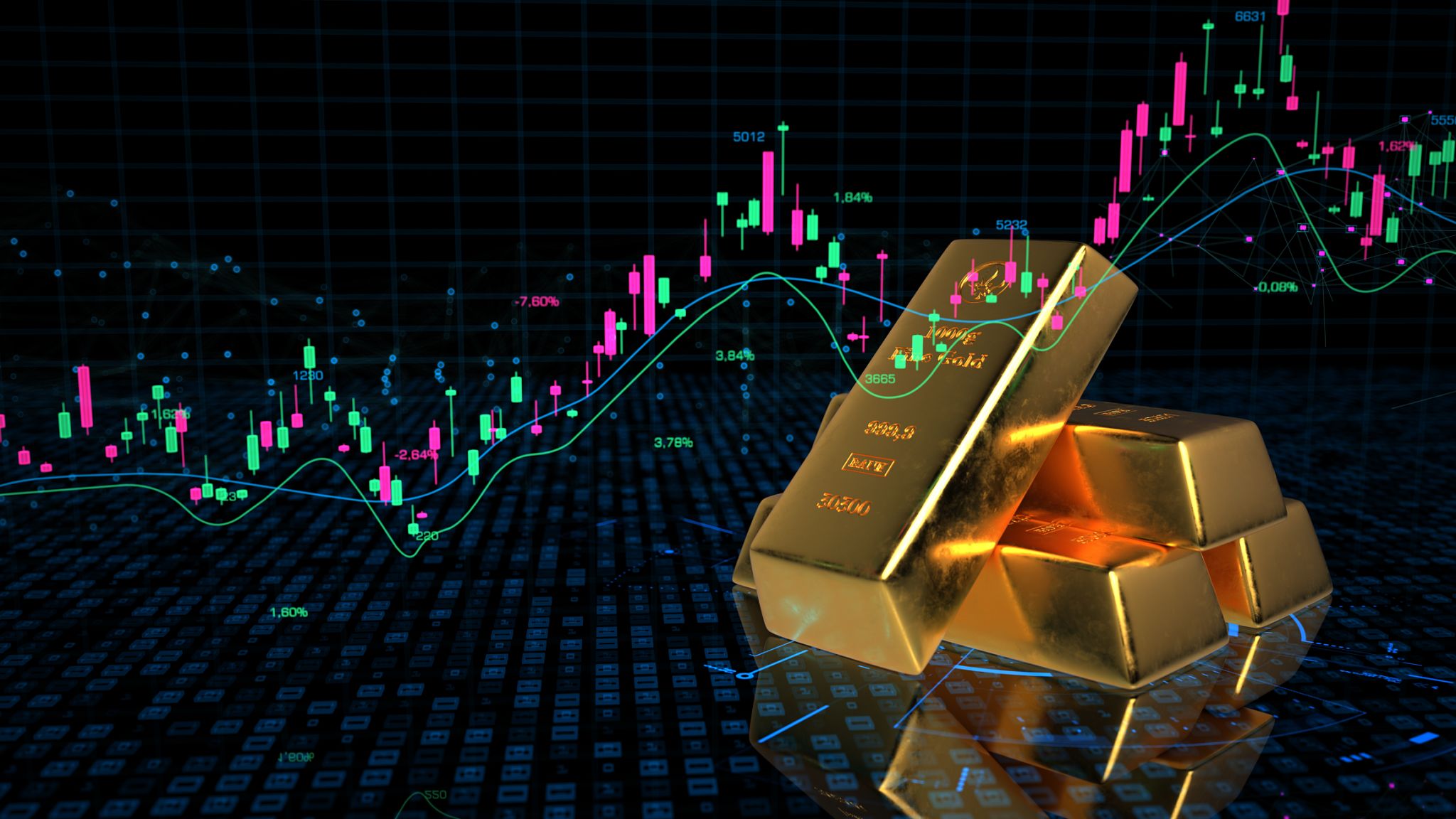The Impact of Middle Eastern Geopolitical Trends on Gold Trading
Understanding the Current Geopolitical Climate
The Middle East has long been a region of strategic importance, not only because of its vast oil reserves but also due to its significant impact on global financial markets, including gold trading. Geopolitical trends in this region can cause fluctuations in gold prices, influencing investors worldwide. Recent developments have only intensified this effect, as political tensions and economic uncertainties continue to shape the landscape.
Gold is often seen as a safe-haven asset during times of geopolitical instability. Investors turn to gold to hedge against risks associated with conflicts or economic turmoil. Consequently, understanding the geopolitical dynamics in the Middle East is crucial for anyone involved in gold trading.

Key Geopolitical Factors Affecting Gold Prices
Several key factors influence gold prices in relation to Middle Eastern geopolitical trends:
- Political Tensions: Conflicts or escalating tensions between countries can lead to increased demand for gold as investors seek stability.
- Economic Sanctions: Imposed by or on Middle Eastern countries, these sanctions can disrupt trade and influence gold prices.
- Oil Prices: Since the Middle East is a major oil producer, fluctuations in oil prices can have a ripple effect on gold trading.
These factors can cause sudden and significant changes in gold prices, impacting both short-term and long-term trading strategies.
The Role of Middle Eastern Economies
The economies of Middle Eastern countries play a vital role in the global gold market. Nations like Saudi Arabia and the United Arab Emirates are not only major oil exporters but also significant players in gold trading. Their economic policies and trade agreements can influence global gold prices. For instance, any shift towards diversifying their economies away from oil could alter their investment in gold reserves.
Additionally, central banks in the region often adjust their gold reserves as part of their monetary policy, which can affect global supply and demand dynamics in the gold market.

Impact of Cultural Factors
Cultural factors also have a profound impact on gold trading in the Middle East. Gold holds traditional significance in many societies, often being used in jewelry, weddings, and as a store of value. This cultural affinity ensures a consistent demand for gold, irrespective of geopolitical conditions. Understanding these cultural drivers is essential for predicting market trends and making informed investment decisions.
Moreover, religious observances and festivals can lead to seasonal variations in gold demand, adding another layer of complexity to forecasting market movements.
The Future Outlook
As Middle Eastern geopolitical trends continue to evolve, so too will their impact on the global gold market. Investors must remain vigilant, staying informed about political developments and economic policies in the region. By doing so, they can better navigate the complexities of gold trading and capitalize on market opportunities.
In the future, technological advancements and increased transparency in trading practices may also influence how geopolitical events affect gold prices. As the global economy becomes more interconnected, understanding these dynamics will be increasingly important for successful investment strategies.

Conclusion
The intricate relationship between Middle Eastern geopolitical trends and gold trading underscores the importance of staying informed about global events. Investors who understand these dynamics will be better equipped to anticipate changes in the market and make strategic decisions. As the world continues to face uncertainty, the allure of gold as a safe-haven asset remains strong, driven by both traditional values and modern economic realities.